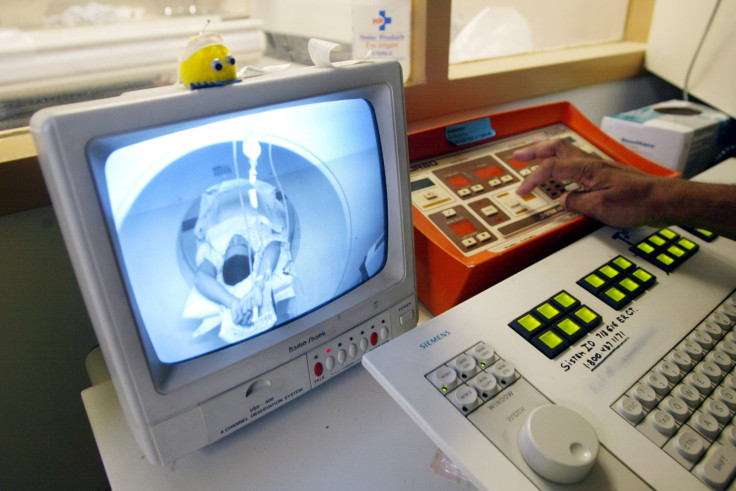Man Loses Sense Of Smell, Tooth Growing Inside Nose The Culprit

In a bizarre medical incident, a tooth began growing inside a man's nose causing loss of sense of smell and stuffy nose for two years. According to a study published in BMJ Case Reports in February, the 59-year-old's seemingly typical nasal symptoms was found to be the result of the abnormal growth of tooth inside the nose.
The 59-year-old complained his left nostril had been stuffy, drippy and losing its ability to smell. He also took topical steroids but it failed to help, LiveScience reported. He later visited the otorhinolaryngology (ear, nose and throat) department at Aarhus University Hospital in Denmark where doctors suggested him to do a CT scan. The report revealed a mucous-covered mass in his nasal cavity.
The man's doctors suspected a dermoid cyst, which can take on a strange appearance and have hair or other bizarre features. Doctors decided to surgically remove the mysterious lump, following which they discovered a stray tooth.
The doctors involved — Marie Louise Moeller, Jesper Bille and Milos Fuglsang — said an intranasal retained tooth was very rare. The case is so rare that doctors estimate it occurs in just 0.1 to 1 percent of patients and more commonly in men.
“A retained nasal tooth is rare, and the symptoms are variable,” the authors noted in the report’s abstract. “It can resemble other diseases such as chronic rhinosinusitis. Surgical removal is recommended to confirm the diagnosis and eliminate symptoms."
"Diagnosis is important since it potentially can cause morbidity,” they wrote. “Common nasal symptoms like congestion and discharge are often signs of chronic rhinosinusitis, but differential diagnosis must always be considered.”
Dr. Alex Farag, an assistant professor of otolaryngology and head and neck surgery at The Ohio State University Wexner Medical Center in Columbus, who wasn't involved in the case, said the report is a reminder that "you always have to keep your mind open when you're thinking about chronic sinusitis and what the causes could be."
According to the authors, the man’s symptoms improved after the tooth was removed. However, doctors still aren’t sure what caused the tooth to grow, or for how long it had been present.
“Our patient most likely had the intranasal retained tooth most of his life, but had late onset of symptoms,” the doctors wrote, concluding the report by saying: “Our case report indicates that a surgical approach is easy and safe and has the potential to eliminate all symptoms. Intranasal teeth are a rare find but important to recognize since nasal congestion, chronic discharge and hyposmia can decrease quality of life.”
© Copyright IBTimes 2024. All rights reserved.




















